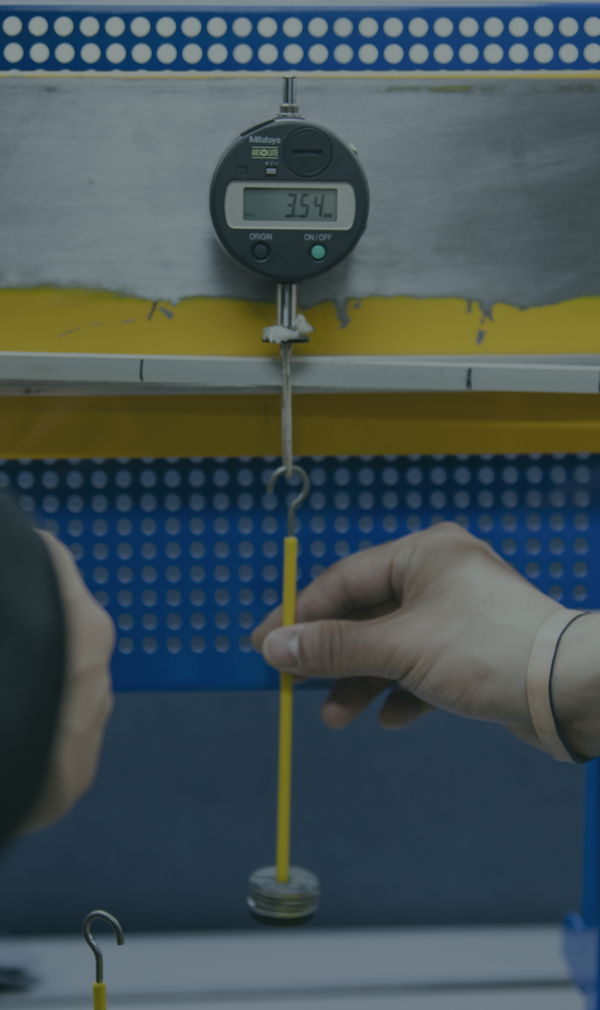
The Mechanical Engineering department conducts theoretical, experimental, and numerical research on fundamental and applied topics in the fields of design/manufacturing and thermo/fluidic engineering. Research areas covered range from fundamental work in solid and fluid mechanics to diverse studied in materials, mechanical systems, robotics, thermodynamics, and thermal/fluid sciences. Applied topics include fields such as MEMS, nanoscience, biomedical engineering, laser engineering, smart structures, computational engineering, and clean energy & environment engineering.
The graduate course in Mechanical Engineering provides a wide range of courses which are directly related to the research work carried out at each specific lab. We emphasize both fundamental science and applied projects funded by government grants and industry collaboration.
Education and Research Areas
- - CAD & CAM
- - Advanced Materials and Applied Mechanics
- - Computational Solid Mechanics and Structural Analysis
- - Nondestructive and Precision Instrumentation
- - Noise and Vibration Control
- - Automobiles, Internal Combustion Engine
- - Computational Fluid Mechanics, Heat Transfer
- - Visualization of Fluid Flow, Turbo Machinery, Micro Fluidics
- - Refrigeration, HVAC
- - Plant Engineering
- - New and Renewable Energy
- - MEMS and Nanoscale Engineering
- - Biomedical Engineering
Related Industry Areas
- - Manufacturing and Production Engineering
- - CAD & CAM
- - Mechanical Infrastructure (Machinery, Construction, Power plants)
- - Automotives, Heavy Equipment and Shipbuilding
- - Electronic Engineering (Sensors, 3D-IC, Microelectronics packaging)
- - Biomedical Engineering
 Introduction
Introduction
 People
People
 Curriculum
Curriculum
